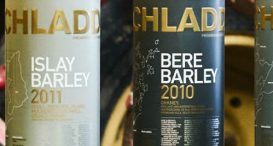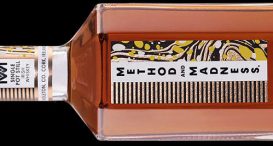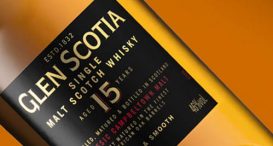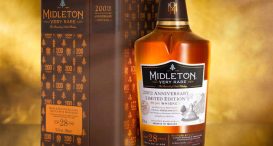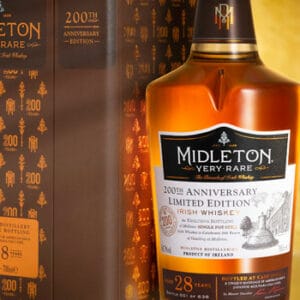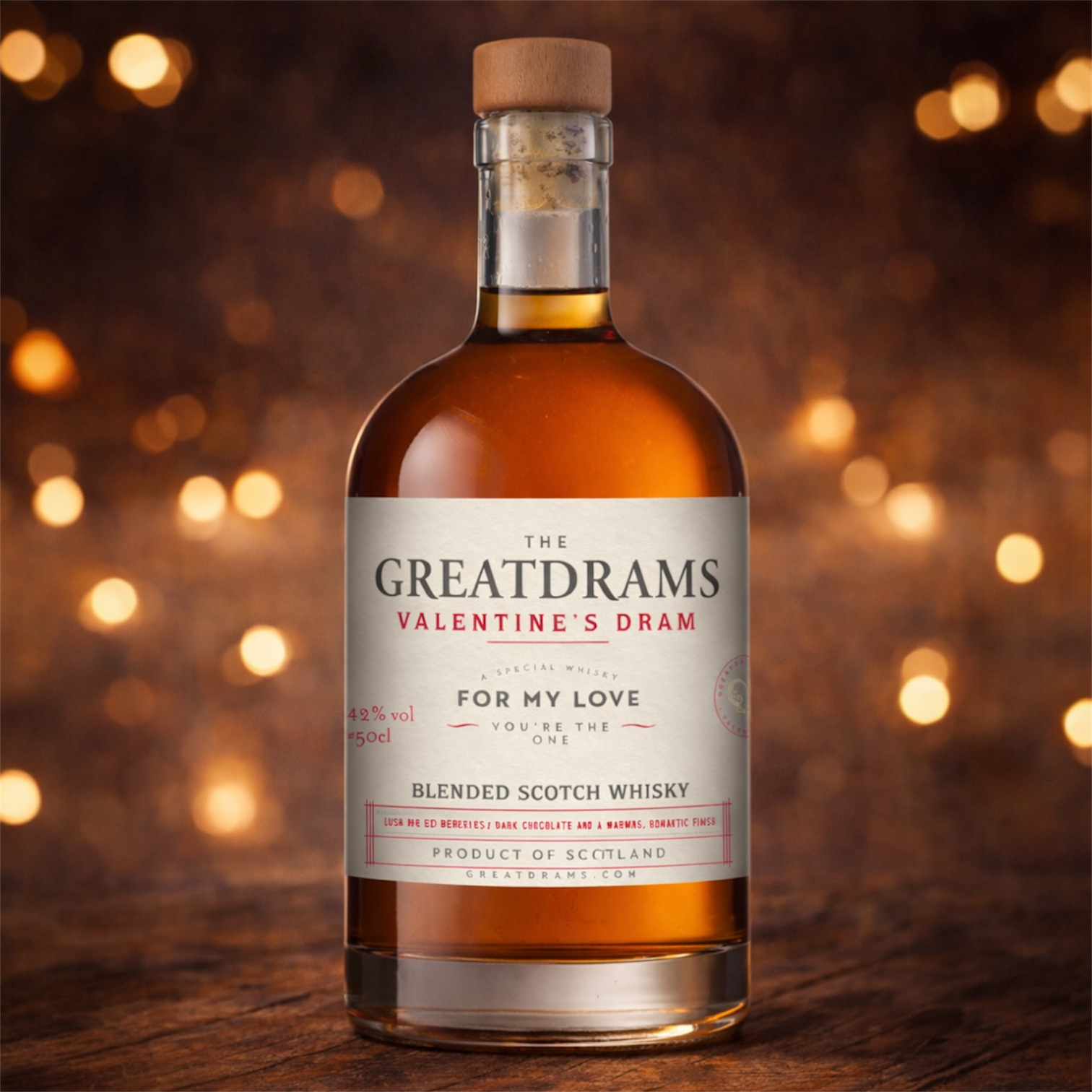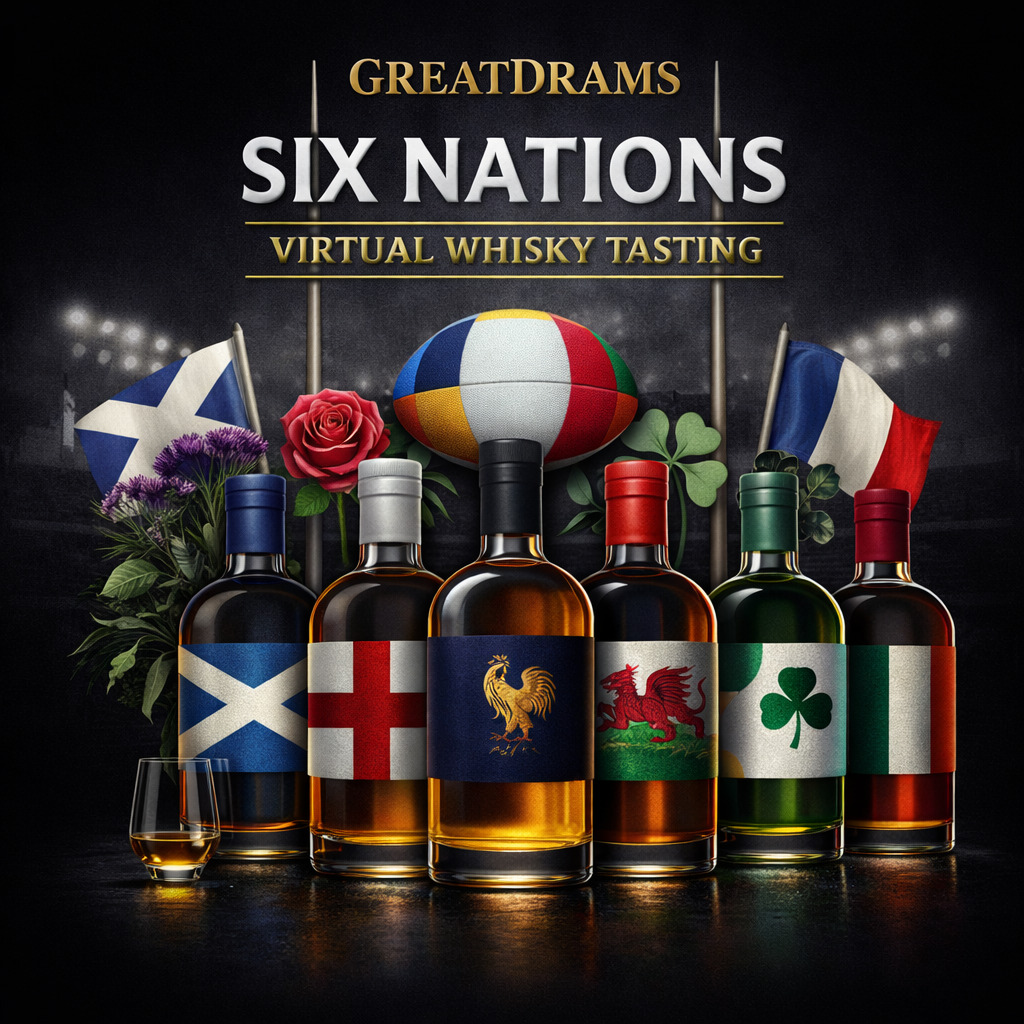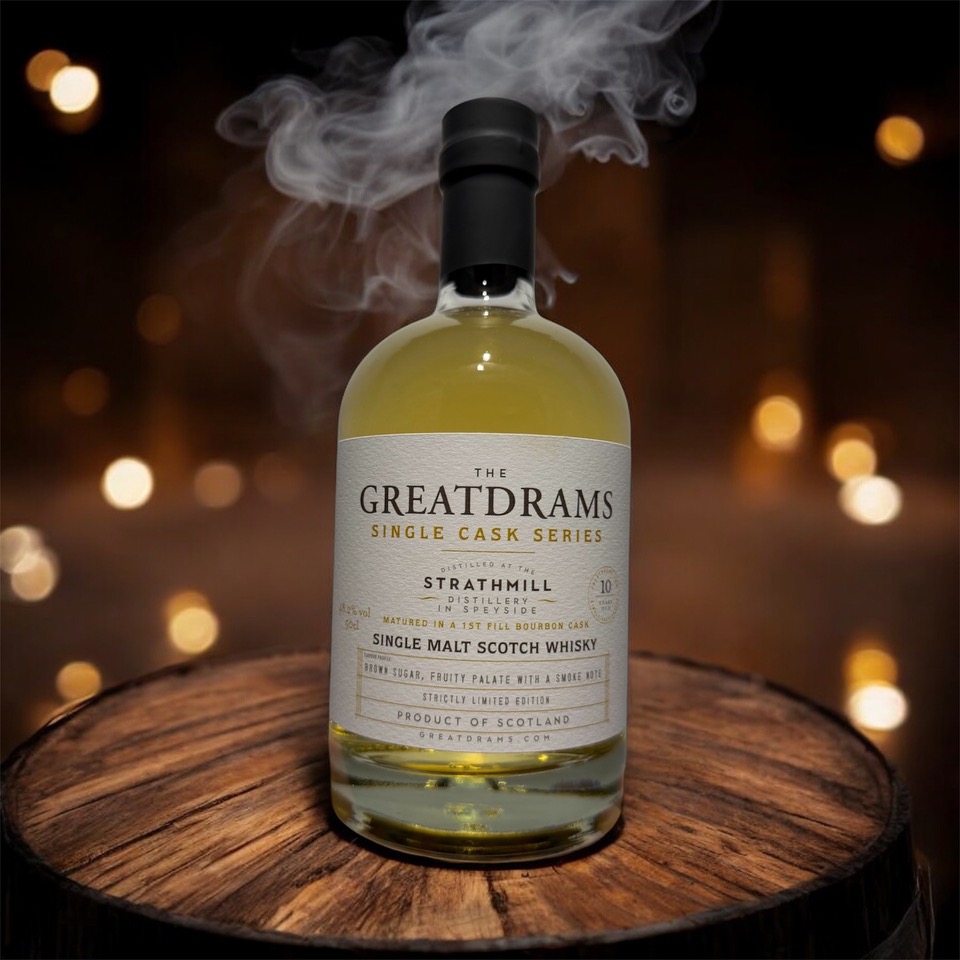What are Bottled-in-Bond Whiskies?
let’s begin
The rise of American whiskey has seen Bottled-in-Bond spirits becoming popular once again.
What is Bottled-in-Bond?
Just like Scotch, American whiskey is highly regulated to ensure that customers are getting what they expect. It stops people from taking advantage of consumers.
Essentially, Bottled-in-Bond means the spirit is protected by the 1897 Bottled-in-Bond act, which was created to make sure the quality of whiskey was high. This used to be a big problem before modern day regulations. Back then it was easy to alter anything if it meant saving money. It was an issue around the world and this act if how America solved their problem.
The law is pretty simple at its heart. Whiskey must be produced in one distillery during one distilling session, aged for a minimum of four years in a federally bonded warehouse before being bottled at 100 proof (or 50% abv). There are similar laws in Scotland that mean Scotch has to be created in one distillery, aged for a minimum of three years and bottled at 40% abv. Obviously there are different regulations for blends as well, which can be made from malts from multiple distilleries.
Why is the category back?
American whiskey has been seeing a huge amount of interest lately, especially craft whiskies. Craft, artisanal and small batch have become synonymous with quality, rightly or wrongly so depending on what your opinions on mass produced whiskey are.
But in any case, craft is taking the whiskey world by storm and Bottled-in-Bond whiskey is a way for bigger producers to compete. The category, because of its strict regulations, means that it has certain characteristics that people buying craft whiskies are interested in. These include the fact that it is created similarly to small batches, in the same distillery by one brand. It also plays on the nostalgia that many consumers love these days, offering a throw back to how whiskey used to be made.
Notable Bottled-in-Bond whiskies include Colonel E. H. Taylor Bottled-in-Bond Small Batch Bourbon, King County Bottled-in-Bond Straight Bourbon, Woodford reserve Bottled-in-Bond Kentucky Straight Bourbon and Old Fitzgerald Bottled-in-Bond Kentucky Straight Bourbon.
What do you think of whiskey regulations? Start the conversation in the comments!



